[This is a reproduction of an article which was originally published on October 26, 2021.]
Coming off the release of my brand new album, I thought now would be a suitable time to share a handful of ideas and tactics you can use to support all artists (not just me!) when they release new music.
I want to be clear that this is all earnest and organic support; I’m not talking about anything shady or underhanded. Some artists out there will ask you to do things like playing their music on repeat throughout the night or purchasing the same song multiple times on iTunes. Those types of requests should always cause you to raise an eyebrow, and I genuinely don’t want you utilizing such tactics to “help” me (or other indie artists). Such short-term tactics will boost numbers without gaining real traction or new listeners; also, music providers and streaming services are becoming privy to those schemes and are actively developing ways to crack down on artists who deploy them in attempts to cheat the system.
Below, I have outlined five ideas you can use to support your favorite artists (independent artists especially) when they release new music. (Most of these ideas still apply to old or already-released music, as well, but for obvious reasons, an artist is going to want the most effort going into promoting their latest material.)
1. If you purchase music, whether physically or digitally, you should continue to stream the music you purchased.
If you’re paying for a streaming subscription such as Spotify or Apple Music, then you should make the most out of the money you pay each month by listening to music on your streaming service as much as possible. Every stream will boost an artist’s numbers and put money in their pockets. Even if it’s a fraction of a penny, it still adds up. So if you purchased an album on CD or vinyl, not only did you go the extra mile to support that artist financially, but you can continue supporting the artist through streaming, all the while keeping your physical purchase in better condition. Sure, there are situations where using a physical copy is a must, like throwing a CD on during a road trip because you’ve hit a dead spot and no longer have signal, but these situations are rare.
Tip: If you really want to listen to a physical copy (and who can resist throwing on a vinyl record every now and then?), you can simultaneously stream the same album at an imperceptible volume while enjoying the physical version.

2. When an artist releases a single, don’t listen to the single by itself: listen within a playlist.
What I’m about to say is most immediately pertinent to Spotify users, considering how Spotify has become the master of algorithmic playlists. Every day, Spotify users have new playlists made for them based on their listening habits. One type of playlist that Spotify makes for its listeners is titled “Discover Weekly,” where Spotify uses its algorithms to provide its best guesses at introducing you to music you are most likely to love. And one of the best ways that Spotify learns what artists and songs to show to fans of other artists is by studying what songs get playlisted together. In other words, before an artist’s music starts showing up in the computer-generated playlists, it first needs to make its mark within human-curated playlists. And I’m not referring to playlists where disconnected, multi-genre songs get lumped together in lazy attempts to acquire streams. Spotify is looking for patterns. Spotify wants to learn about an artist’s music by studying how users like you categorize the music. When listeners put a band’s new single into their playlists, what other artists or genres or songs commonly appear? For example, if Spotify were to notice that my newest single was showing up in a lot of playlists that include Jimmy Eat World songs, then Spotify’s algorithm would start putting my single into the “Discovery Weekly” or “Radio” playlists for Jimmy Eat World followers. But make this work for you; it doesn’t have to be overly laborious or methodical. If you have songs you listen to while running or exercising, make yourself a playlist and keep adding to it when you find songs that fit. If you scour the internet every Friday for new singles from metal bands, throw them into a playlist together in the morning before you start rocking out to them. If you want to make a list of your favorite K-pop songs at the end of the year, keep track of the contenders within a playlist. Ideally, this advice should be a win-win scenario: help artists make their way into the algorithmic playlists and stay more organized with the music you enjoy.
Tip: While this idea is most pertinent to singles, you can use the same tactic for whole albums, too. My wife has a playlist that she filled with her 25 favorite rock albums, and whenever she wants to listen to one of them, she goes to her playlist. Since many of the albums are genre-adjacent, this one-time creation becomes a big boost to all the artists included within.

3. Every song on an album matters, not just the singles.
If you’re reading this list, you’re most likely not the type of fan who only listens to singles; so I probably don’t need to remind you that singles aren’t necessarily the best songs on an album or that full albums are worth spending time with in their entirety. However, this third point of advice goes deeper than that. In the world of streaming, it doesn’t matter which songs have music videos or which ones have a marketing budget behind them in an effort to get played on FM radio. On streaming services, any song has the power to blow up. In fact, I know plenty of artists who have been surprised by which of their songs end up performing the best. Just recently, a friend of mine woke up to the amazing surprise that a song he had released four years ago now had millions of streams, thanks to a few notable playlists picking it up. So what does that mean for you? Enjoy albums in their entirety, give every song its fair chance, and allow yourself to be surprised by which tracks end up being your favorites. Then, once you’ve found your favorites — the songs you emphatically enjoy or deeply connect with — make some noise about it. Write a post on Facebook or Instagram describing why you love it; post it in forums; share it with friends you think might benefit from it or enjoy it as much as you do. Or simply tell the artist. Not only is it useful intel for an artist to hear which songs are clicking with people, it’s also downright encouraging. In an industry where deep cuts often get treated as “lesser than” or “filler,” telling an artist about your favorite songs (especially an artist’s newer material) can go a long way toward inspiring them to keep making more music.
Tip: Track listings can have profound effects on how you react to particular songs. On a ten-track album, those songs could have been organized a million different ways; on a fifteen-track album, the number of possibilities balloons past one trillion. While artists usually put plenty of thought into how songs are ordered on their albums, there are still countless ways in which this singular track listing might be negatively impacting your personal listening experience. Even if you love an album as-is, you should consider occasionally listening to it on shuffle or creating a playlist with your own version of the track listing. If you find yourself losing steam or paying less attention during the back half of an album, try listening to those songs first or out of context from the rest of the album. You’ll be amazed by the fresh ways you can connect with a song when you switch up its immediate context.

4. Engage with the artist on social media.
In the ecosystem of a musical artist, everything points back to the music. Every tweet, every Facebook post, every Instagram picture is ultimately about getting more people to listen to the music. If you’ve already listened to an artist’s newest release, then it might be tempting to skip over their attempts to promote it. The promotions aren’t for you, right? Well, as true as that might be, your decision to skip over these social media posts will end up negatively affecting the ability for that post to reach wider audiences. There are algorithms at play on all of these services, similar to the ones described above for Spotify. I’ll focus in on Instagram’s algorithm as the primary example (since it’s the one I’m most familiar with). Basically, over recent years, it has become increasingly difficult for users on social media to get their content seen by all of their own followers. When you make a post on Instagram, the service is going to start out by showing your post to no more than 10% of your followers, usually the most active and loyal ones. Instagram will only show the post to a larger percentage of your followers based on the amount of engagement your post receives with that initial core group. So, if you’re a big fan of an independent artist, you’re probably in that core group, seeing posts that few other followers will see within their own feeds. If you skip right over a post because, as mentioned earlier, it’s promoting an album that you already know and love, then you are hurting that artist’s chances of reaching fans less dedicated than you are. What you want to do instead is engage: like/heart the post, spend a few seconds hovering over the photo, read the caption, and leave a quick comment. These actions will organically help artists extend their reach amidst algorithms which are, in many unfortunate cases, actively working against them.
Tip: If you’re an artist reading this, I would highly advise against using paid advertisements on Facebook or Instagram. Once you start paying for ads, you will (to my understanding) be funneled into a different algorithm where your content will be shown to even smaller percentages of your follower base, unless you pay again. Once you start paying, these social media conglomerates expect you to pay to push all of your content out, even to your own followers. (I’m currently in this hole with Facebook and trying to dig my way out of it.) What’s extra unfortunate is that the “impressions” you’re paying for (i.e., the number of people the ad will be shown to) isn’t based on unique users, so these services might charge you for five impressions of an ad being shown repeatedly to the same person. Basically, it’s a scam.

5. And of course, tell your friends.
I end with perhaps the most obvious way to help support artists: ye olde grassroots method of personal recommendations. There are a thousand different ways to do this: quoting a Tweet, sharing a Facebook post, showing off your merchandise or vinyl record on Instagram, making up a dance on TikTok, etc. But as I’ve just described in point #4, social media has severe limitations. It has its place, of course, and simple actions like retweeting an artist are as helpful as they are harmless. But never doubt or forget about the power of real, direct human interactions. Make someone a personalized playlist or a mixtape including the artist; buy someone a CD as a gift; show someone your favorite songs while carpooling; invite your friends to concerts or host watching parties for livestreams. What’s amazing about the possibilities here is that, frankly, it’s not simply about telling friends to check out some new music. Music has the power of forming and shaping our relationships. When I think about my favorite band (Thrice), I think about how some of my closest friendships have been informed by a shared love for Thrice. Heck, it was listening to Thrice together that kickstarted conversations between me and the college acquaintance who would become my best friend. Sharing music is about much more than bands making fans. Music will forever have a role in forming us as individuals, forming relationships between us, and forming the culture in which we live and enact those relationships.
Tip: You will lose your relational currency with friends and family if you ever become a spam-bot, so be careful with how you utilize idea #5. While some people need an extra push in order to recommend anything to anyone, there are people on the opposite side of the scale, overeager to share unsolicited recommendations far beyond the point of being welcome. I would recommend making the ways you share music with others as relational as possible. By doing this, consider the two largest barriers we all face when deciding whether to try something new: time and money. If you can remove one of these barriers for someone, do so. That might look like inviting someone to a concert and paying for their ticket, or having friends over for dinner and carefully selecting the record you put on to play in the background. Maybe you can plan a road trip with another musically-minded friend and decide upfront to take turns showing each other albums or mix CDs. And if your recommendation doesn’t connect, don’t push it. It’ll be worth the wait when a future recommendation inevitably lands, but in the meantime, you don’t want to risk becoming the type of person where people pretend to like whatever you recommend because you refuse to accept any other reaction. Never let your fandom take precedence over your friendships; it’s okay when the music you love falls flat with someone else. You’re going to love what you love, and that’s true of us all. And like I said before, this isn’t just about how we support the artists we love; it’s also about how their art supports us.





